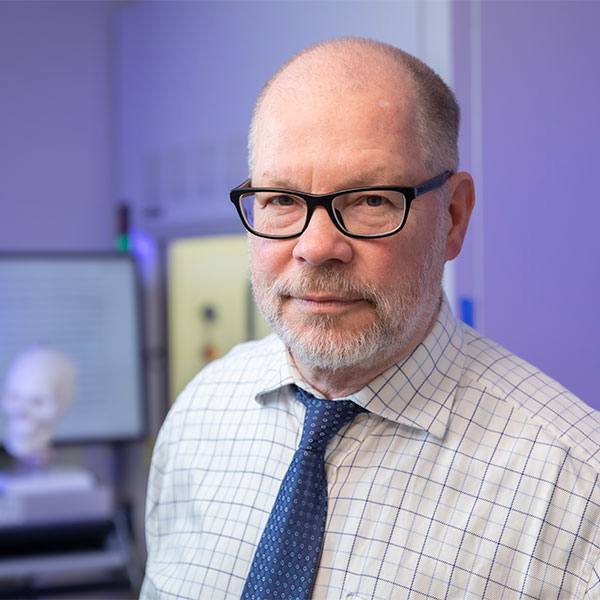-
Featured News
Science Saturday: How Mayo Clinic recruits and trains researchers from within

Mayo Clinic has a long history of encouraging its clinicians to pursue research. This is because some of the most critical advances in medicine happen when clinicians see something in a patient they’ve never seen before and set out to find the answers.
But the question often arises: How does a clinician acquire the specialized skills and knowledge to make the jump into research?
Smoothing the path to research with specialized education
Mayo helps make the transition to research easier by providing access to a range of research training and education programs. These programs, offered through the Mayo Clinic Center for Clinical and Translational Science (CCaTS), are designed to bridge gaps in training and teach learners the skills necessary to succeed as members or leaders of research teams. Pre- and post-doctoral programs are offered, as well as a set of self-directed online programs.
Watch: Dr. Nathan Staff discusses the goal of specialized research education.
Journalists: Broadcast-quality sound bites with Dr. Staff are is in the downloads at the end of this post. Please 'Courtesy: Mayo Clinic News Network.'
Research training provides a boost for individuals and departments
A move into research doesn’t have to mean a career switch—for many clinicians, it means a career evolution. CCaTS’ research education programs provide a foundation that enables clinician-researchers to flourish.
Michael Gionfriddo, Pharm.D., Ph.D., a recent graduate of the Mayo Clinic Graduate School of Biomedical Sciences’ Ph.D program in Clinical and Translational Science says, clinical and translational science is “the right area for researchers and clinicians who want to focus on continuous improvement with more rigor.”
Read more in Setting tomorrow’s clinical researchers up for success on Mayo’s Advancing the Science blog.
The programs often provide a boost for early-career scientists.
Shawna Ehlers, Ph.D., L.P., is first author on a study published in October 2018 about Mayo’s Master’s and Certificate programs in clinical and translational science. The study found that program graduates published more frequently and in more prestigious journals, compared to their peers.
Read more in the Journal of Clinical and Translational Science.
In addition, at Mayo Clinic the online training programs have catalyzed research productivity for whole departments.
Garett Schramm, R.Ph., director of pharmacy education, is a firm believer in research training for his staff. The pharmacy department began offering a research training program 10 years ago, and ever since then, he says, the department’s research productivity has skyrocketed.
Read more in Online training demystifies research and catalyzes productivity on Mayo’s Advancing the Science blog.
There are many clinicians out there interested and capable of engaging in research at a greater level than they do now,” says Nathan Staff, M.D., Ph.D., associate director of CCaTS online programs.
David Warner, M.D., director of CCaTS education programs agrees. “With the right training,” he says, “any staff member or student at Mayo Clinic has the potential to contribute to Mayo’s research mission, enabling Mayo to better meet the unmet needs of patients.”
____________________________________
Other Mayo Clinic medical research websites:
- Research at Mayo Clinic
- Discovery’s Edge
- Advancing the Science
- Forefront
- Mayo Clinic Center for Individualized Medicine
- Center for Regenerative Medicine
- Center for the Science of Health Care Delivery







